#SelfCareFriday: On Boundaries
Friends—during a crisis, we all need self care more than ever. Self care isn’t just a bubble bath or a yoga session--it’s a way of building a practice centered on your own mental wellness, which creates the resilience you need to get through day to day life. Particularly when you’re facing hardships, self care becomes even more important so that you can maintain emotional balance that’s been threatened by outside (or internal) circumstances.
There are many ways of providing self care for yourself--and some may surprise you. In our new weekly #SelfCareFriday series, licensed social worker and NAMI Chicago Clinical Manager Jessica Zaehringer, MA, LSW, will talk about why self care is so important and share new ways each week to take care of yourself.
In my work on the Helpline, we talk a lot about boundaries. Boundaries, boundaries, boundaries; what does the word mean and why is it connected to self-care? Boundaries help to organize your life so that you can maintain long-term emotional and physical wellness.
Many people implement different types of boundaries and create ones that best fit with their lifestyle. An example of a common boundary is the word: NO.
How do you incorporate boundaries into your everyday life? Some examples of everyday boundaries can include:
Promising to take care of yourself first before others
Fully unplugging from work when you’re off
Not taking on responsibility for things that are out of your control
Saying to your family that you need one hour of alone time a week
It may feel uncomfortable or inconvenient to set boundaries, but in times when you’re feeling overwhelmed, they ultimately protect you from feeling worse. Particularly for caregivers, first responders, parents, and more, these boundaries can feel impossible to take on. However, boundaries are a tool for making sure you’re well enough to take care of others, by taking care of yourself first.

